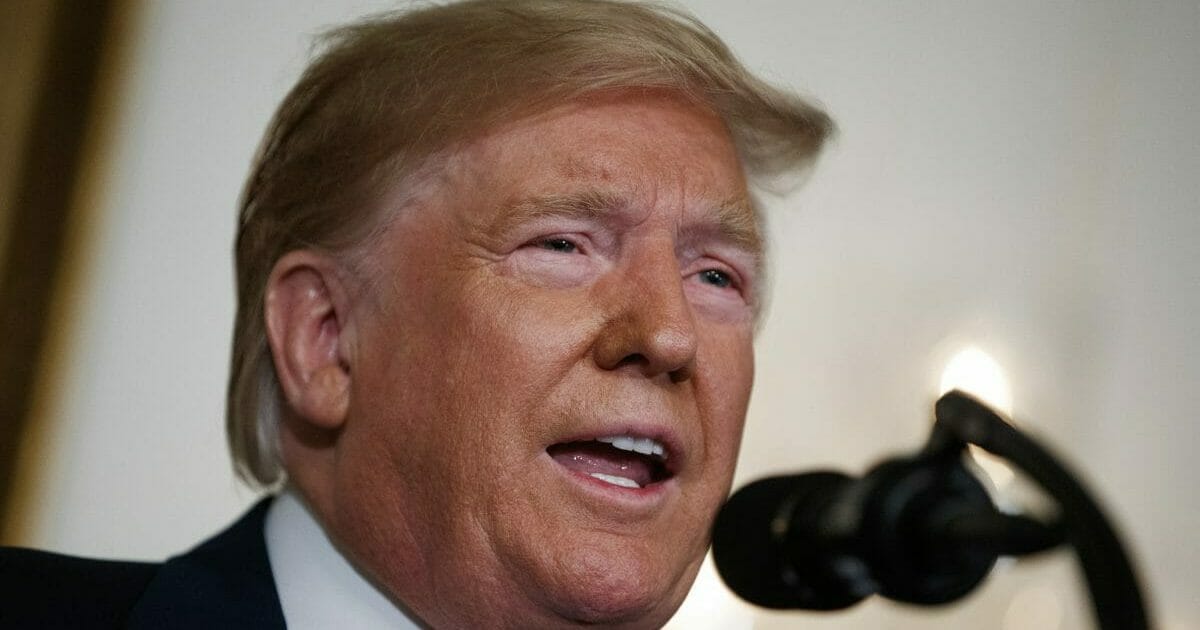
Russia Denounces US Freeze of Venezuelan Assets
Morning update on relations between the United States, Russia and Venezuela (all times local):
11:55 a.m.
Venezuela‘s vice president says the latest U.S. sanctions freezing the assets of Nicolas Maduro‘s government are an attack on private property and a threat to world order.
Foreign companies that continue to do business with the Maduro government can face retaliation in the U.S. under the asset freeze announced Monday night.
Delcy Rodriguez says “The U.S. has to understand once and for all that they aren’t the owners of the world.” The vice president made the statement Tuesday flanked by top officials, including Venezuela’s defense minister.
She said “every country that has investments in the U.S. should be very worried because this sets a dangerous precedent against private property.”
She also said the U.S. measures are likely to bring additional hardships on the Venezuelan people, who are already suffering from the effects of hyperinflation and a deep recession.
11 a.m.
Cuba’s foreign minister is denouncing new U.S. sanctions on a Havana ally, Venezuela.
Bruno Rodríguez says via Twitter that the sanctions amount to “another action to damage and rob that nation.”
Rodríguez expresses solidarity with Venezuelan President Nicolás Maduro and urges an end to “the attempt at imperialist domination.”
Venezuela is not only an ideological friend of Cuba but a crucial commercial partner. Cuba has sent thousands of doctors to treat the poor in the South American nation, while Venezuela has provided oil shipments on preferential terms in a boost for Cuba’s limping economy.
The new sanctions on Venezuela are similar to those long ago imposed against Cuba.
10:35 a.m.
Venezuela’s government says tougher new U.S. sanctions blocking dealings with it are a “grave aggression” aimed at “the failure of political dialogue.”
Tuesday’s statement from the socialist government comes a day after the Trump administration froze all Venezuelan government assets, placing Nicolás Maduro’s administration alongside a short list of adversaries from Cuba, North Korea, Syria and Iran that have been targeted by similar actions.
The executive order blocks American companies and individuals from doing business with Maduro’s government and its top supporters.
President Donald Trump‘s order will take effect immediately.
Venezuela said the measure is meant “to formalize the criminal economic, financial and commercial blockade” of the country and “strangle” the population.
It called the measure “the most grotesque and shameless looting.”
10:20 a.m.
National Security Adviser John Bolton says the U.S. will target anybody — at home or abroad — who supports the government of Venezuelan President Nicolás Maduro with stiff financial sanctions.
Bolton spoke Tuesday in Peru’s capital one day after the Trump administration announced a new round of sweeping measures aimed at pressuring Maduro from office.
The tough measures are similar to those used on adversaries Cuba, North Korea, Syria and Iran.
The U.S. is among more than 50 nations that back opposition leader Juan Guaido’s bid to oust Maduro.
Bolton calls Maduro a “brutal dictator,” accusing him of using death squads and a corrupt food scheme to control Venezuelans.
Bolton warns key Maduro backers Russia and China not to double down on a bad bet by continuing to support the socialist president.
9:10 a.m.
A senior Venezuelan official is accusing the Trump administrations of “gangsterism” and “international banditry” following a fresh round of harsh financial sanctions against the socialist government.
Vice Minister of International Communication William Castillo on Tuesday blasted the White House’s announcement freezing Venezuelan government assets.
U.S. officials say they’re increasing pressure on President Nicolás Maduro to force his government from power.
Castillo is among the highest ranking Venezuelan officials to comment on the measures announced late Monday. Maduro has so far remained silent.
The actions also block Venezuelan officials identified as being close to Maduro from entering the U.S.
5:35 a.m.
A senior Russian lawmaker has denounced the U.S. freeze of all Venezuelan government assets as a crude interference in the country’s internal affairs.
Konstantin Kosachev is the head of the Russian upper house’s international affairs committee and said Tuesday the Trump administration’s action amounts to “international banditry.” He added in remarks carried by the state RIA Novosti news agency that Washington’s move represents an “open meddling into Venezuela’s internal affairs.”
The U.S. ban blocks American companies and individuals from doing business with President Nicolás Maduro’s government and its top supporters. It’s the first of its kind in the western hemisphere in more than three decades.
Russia has staunchly backed Maduro, while the U.S. and dozens of other nations have cast their support behind opposition leader Juan Guaidó and recognized him as Venezuela’s interim president.
The Maduro government has yet to respond.
1:05 a.m.
The Trump administration has frozen all Venezuelan government assets in a dramatic escalation of tensions with Nicolás Maduro.
The ban places Maduro’s socialist administration alongside a short list of adversaries from Cuba, North Korea, Syria and Iran that have been targeted by such aggressive U.S. actions.
The ban blocks American companies and individuals from doing business with Maduro’s government and its top supporters. It came Monday night as an executive order from President Donald Trump and takes effect immediately.
Trump’s order spares Venezuela’s still sizable private sector. Yet it represents the most sweeping U.S. action to remove Maduro since the Trump administration recognized opposition leader Juan Guaidó as Venezuela’s rightful leader in January.
The order also exposes foreign entities doing business with the Maduro government to U.S. retaliation.
The Maduro government has yet to respond.
The Western Journal has reviewed this Associated Press story and may have altered it prior to publication to ensure that it meets our editorial standards.
Truth and Accuracy
We are committed to truth and accuracy in all of our journalism. Read our editorial standards.
Advertise with The Western Journal and reach millions of highly engaged readers, while supporting our work. Advertise Today.












